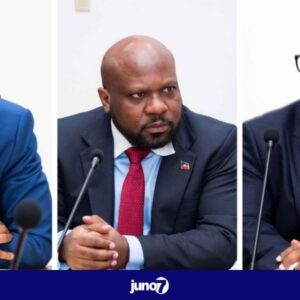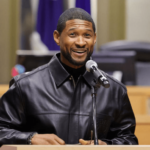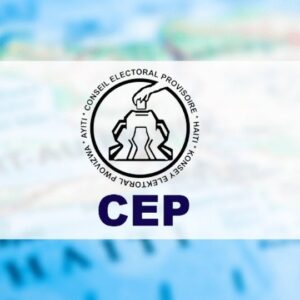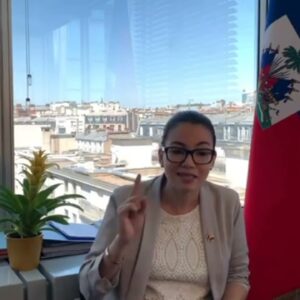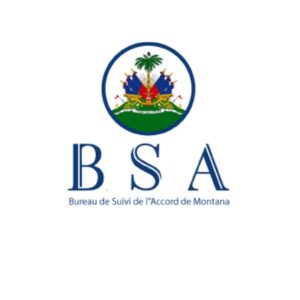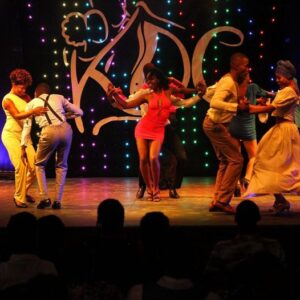Political communication: The differences between Ariel Henry and William Ruto, his circumstantial ‘friend’. The locked comments and the implications on the national consensus that we say we are seeking.

Exploring the Twitter accounts of de facto Prime Minister Dr Ariel Henry and President of Kenya Dr William Ruto reveals notable divergences in their approaches to citizen interaction. While the Kenyan Presidency’s account promotes citizens’ free expression, Ariel Henry’s account imposes restrictions, raising substantial questions about transparency and participatory democracy.
Beyond the absence of the possibility of commenting on Ariel Henry’s Twitter account, careful observation highlights a rigid policy hindering any public exchange. This draconian restriction raises profound questions about the Prime Minister’s willingness to accommodate divergent opinions and promote open dialogue with his fellow citizens.
Under the presidency of William Ruto in Kenya, as any responsible leader in the world would do, the Twitter platform and other social media accounts provide a democratic opening, allowing the people to express themselves freely through comments. This establishes an inclusive space where varied opinions can be expressed, thus consolidating the foundations of a participatory democracy.

On the other hand, a disturbing observation emerges from the accounts of the Prime Minister of the Republic of Haiti and Dr. Ariel Henry. On these platforms, any possibility of commenting on publications has been strictly prohibited. This restriction raises crucial questions about the nature of the dialogue desired by Ariel Henry with his fellow citizens, especially on the eve of the fateful date of February 7, 2024. By closing the communication channels, the Prime Minister has unwittingly contributed to increased polarization within Haitian society, thus compromising the search for concerted solutions to national challenges.
The lack of ability to comment on posts on Ariel Henry’s Twitter account raises concerns about the transparency and inclusiveness of her online communication. This practice can be seen as an obstacle to public debate, calling into question the Prime Minister’s commitment to citizen participation.
By restricting free expression on social media, Ariel Henry is opting for a more controlled approach to online communication, for fear of being openly criticized for his policy of left seed. However, this approach raises questions about the true nature of his leadership and his desire to build a consensus within Haitian society publicly expressing its discontent.


